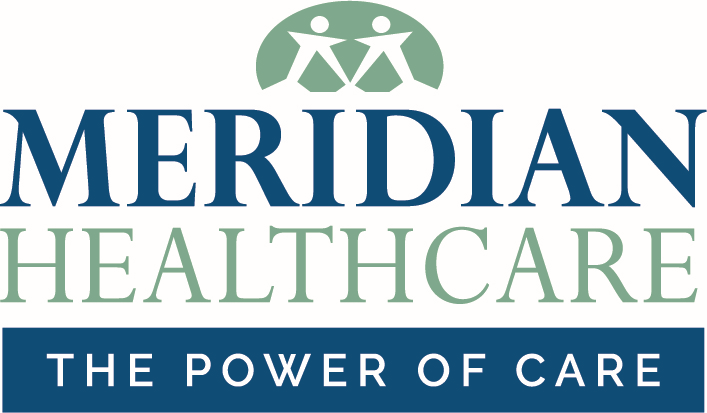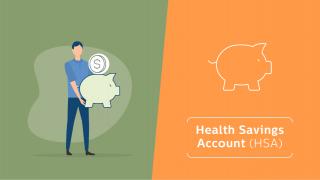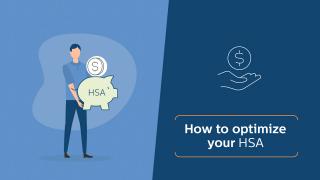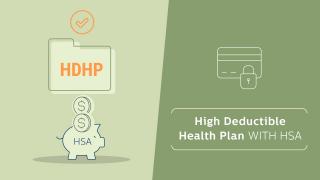HEALTH SAVINGS ACCOUNT
Resources
What is a Health Savings Account (HSA)?
An HSA is a tax-sheltered bank account that you own to pay for eligible health care expenses for you and/or your eligible dependents for current or future healthcare expenses. The Health Savings Account (HSA) is yours to keep, even if you change jobs or medical plans. There is no “use it or lose it” rule; your balance carries over year to year.
When you are enrolled in a Qualified High Deductible Health Plan (QHDHP) and meet the eligibility requirements, the IRS allows you to open and contribute to an HSA Account.
Note:
If you are enrolled in a Health Savings Account, please note that all services are through Premier Bank.
If you need to change your contribution, please go into the Paylocity website. As a reminder, you are able to change your contribution at any time during the year, you do not need to wait until open enrollment.
Are you eligible to open a Health Savings Account (HSA)?
Although everyone is able to enroll in the Qualified High Deductible Health Plan, not everyone is eligible to open and contribute to an HSA. If you do not meet these requirements, you cannot open an HSA.
- You must be enrolled in a Qualified High Deductible Health Plan (QHDHP)
- You must not be covered by another non-QHDHP health plan, such as a spouse’s PPO plan.
- You are not enrolled in Medicare.
- You are not in the TRICARE or TRICARE for Life military benefits program.
- You have not received Veterans Administration (VA) benefits within the past three months.
- You are not claimed as a dependent on another person’s tax return.
- You are not covered by a traditional health care flexible spending account (FSA). This includes your spouse’s FSA. (Enrollment in a limited purpose health care FSA is allowed).
Tax Advantages
Money you deposit into an HSA is exempt from federal income taxes
- Interest in your account grows tax free; and
- You don’t pay income taxes on withdrawals used to pay for eligible health expenses. (If you withdraw funds for non-eligible expenses, taxes and penalties apply).
- You also have a choice of investment options which earn competitive interest rates, so your unused funds grow over time.
How do I get reimbursed for my eligible expenses?
The easiest way to use your HSA dollars is by using your HSA Debit Card at the time you incur an eligible expense. Or you can withdraw money from an ATM. But keep your receipts! You must be able to prove that you were reimbursing yourself for an eligible expense in the event that you are audited. If you use your HSA funds for non- eligible expenses, you will be charged a 20% penalty tax (if under age 65) as well as federal income taxes.
2025/2026 HSA Contributions
You can contribute to your Health Savings Account on a pre-tax basis through payroll deductions up to the IRS statutory maximums. The IRS has established the following maximum HSA contributions:
FOR THE 2025 TAX YEAR:
- $4,300 Individual
- $8,550 Family
If you are age 55 and over, you may contribute an extra $1,000 catch up contribution.
FOR THE 2026 TAX YEAR:
- $4,400 Individual
- $8,750 Family



